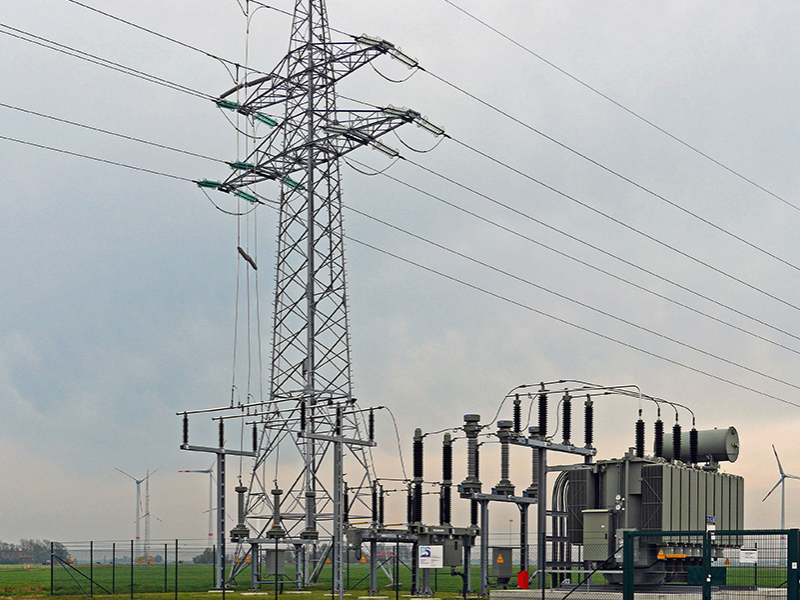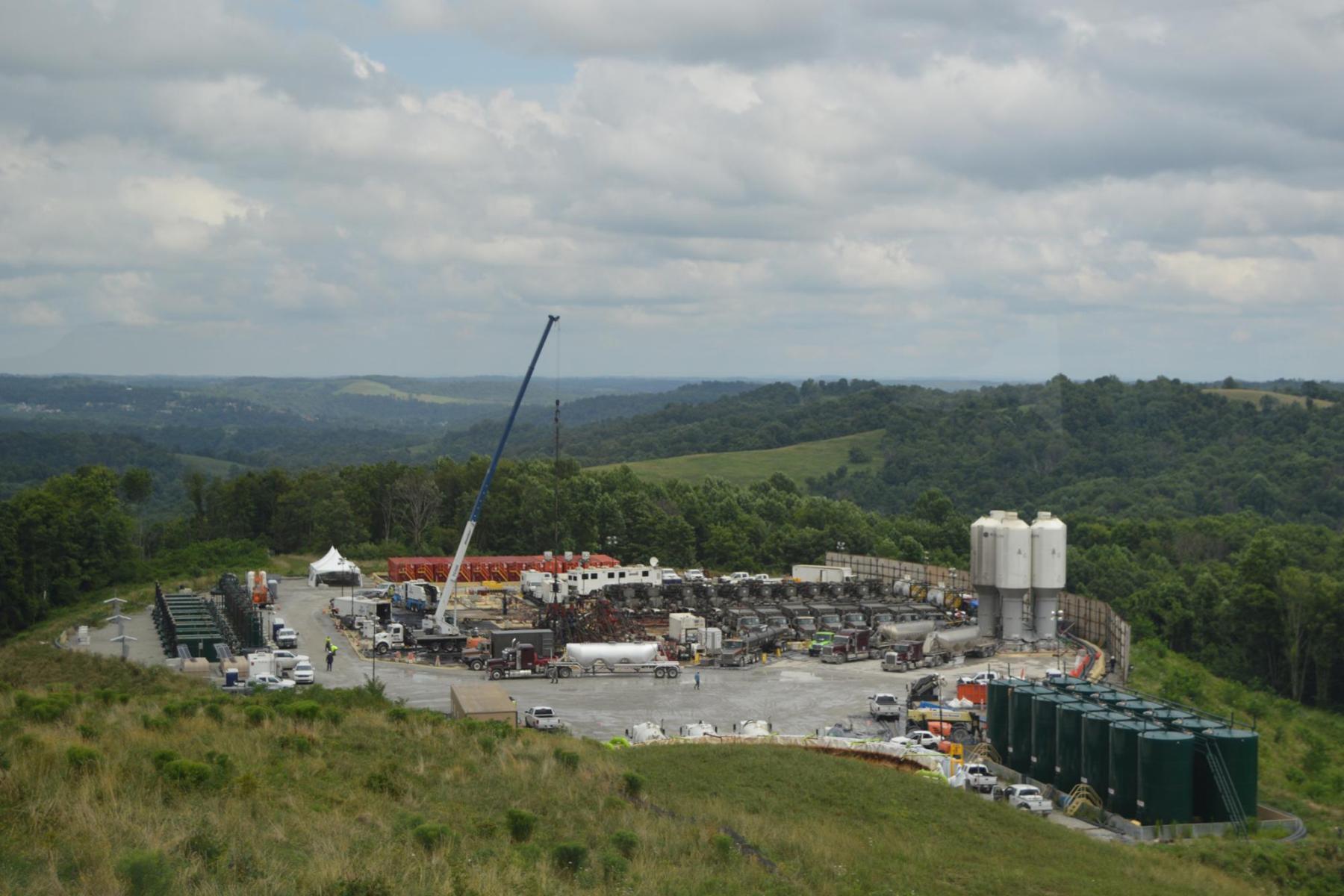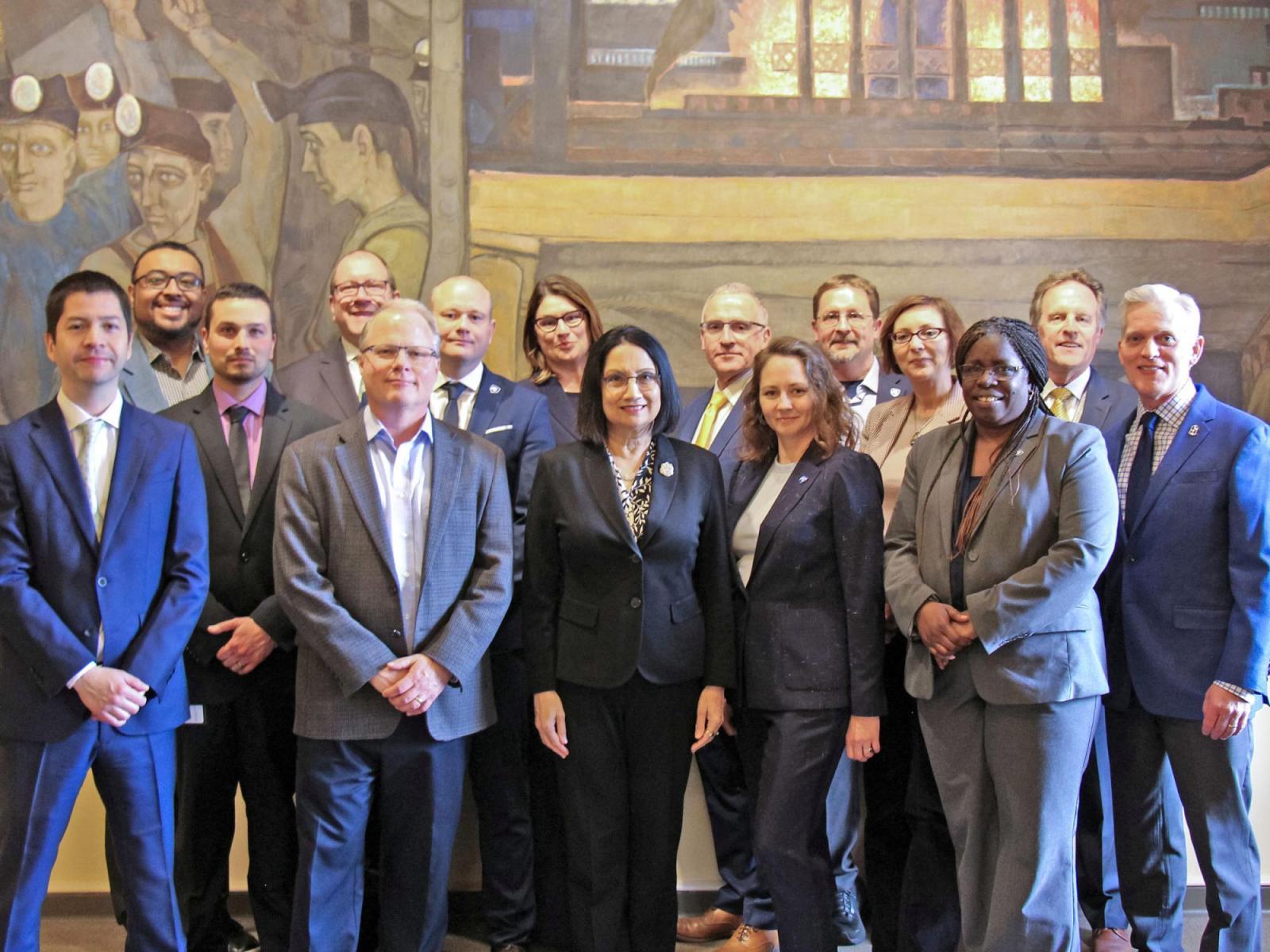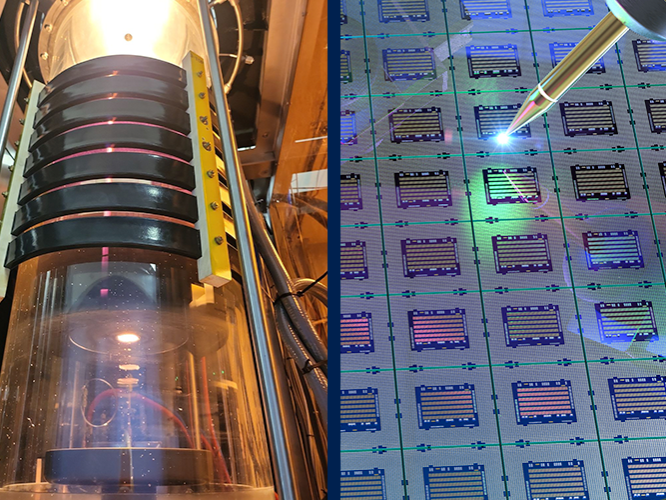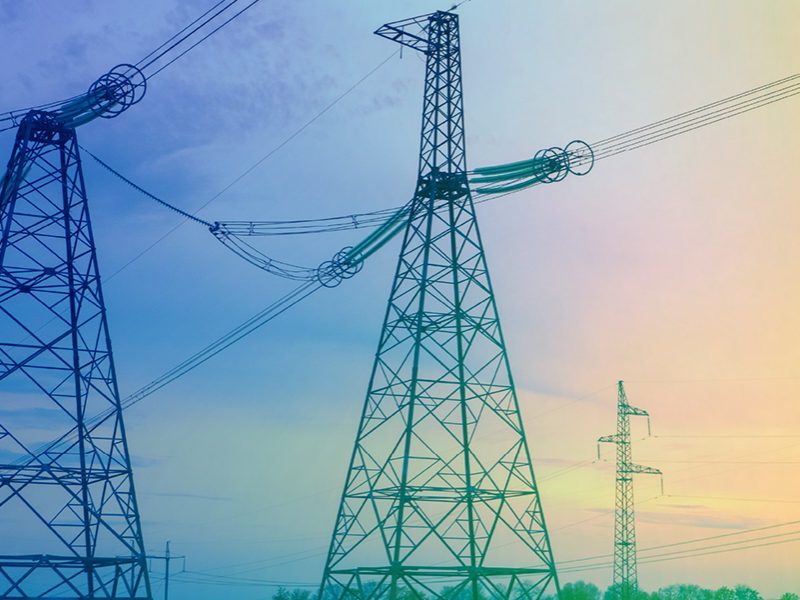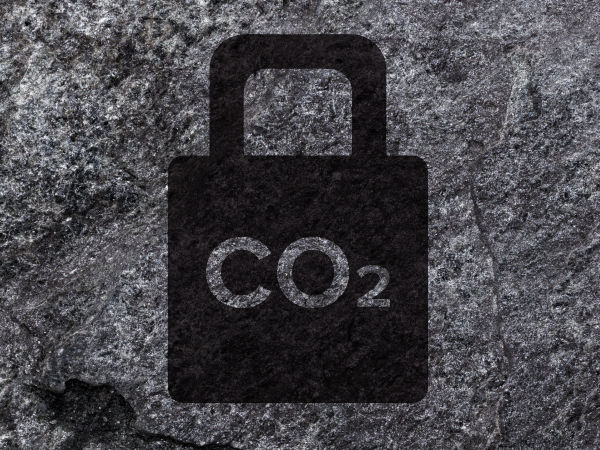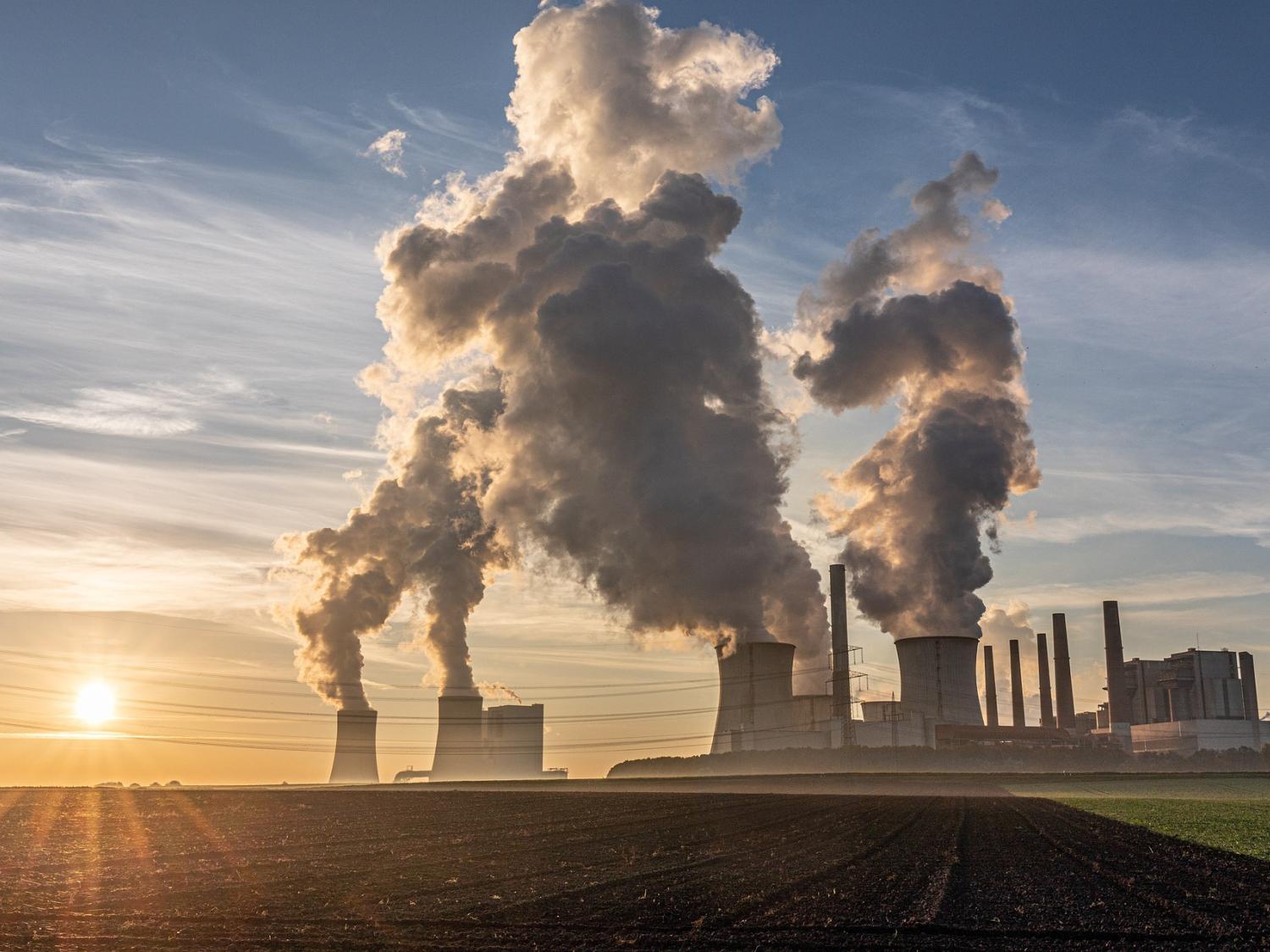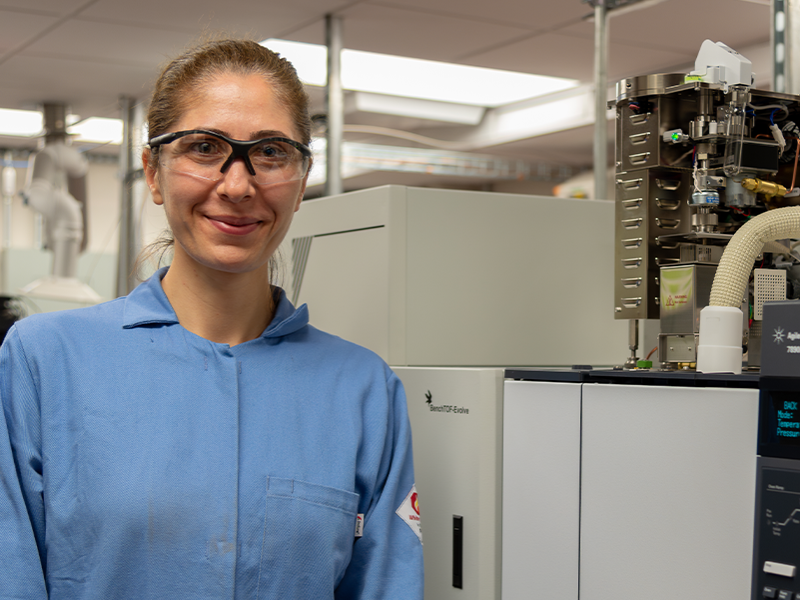A project co-led by two Penn State professors has been selected to receive up to $815,959 from the Grid Deployment Office of the U.S. Department of Energy (DOE). The team will evaluate prospective market design changes to efficiently integrate batteries and other unconventional resources into wholesale electricity markets, with the aim of improving electrical grid reliability.
The EMS Energy Institute held a stainless steel and plastic tubing training workshop on April 5, 2024, at the Institute with a focus on Swagelok materials. Brad Maben, who supports graduate student and faculty research and who routinely assists them in assembling research components, taught the three-hour workshop.
The Marcellus shale natural gas boom provided the U.S. with an abundant, lower-carbon footprint fossil fuel, but also brought concerns over increased methane emissions. A team led by Penn State researchers has developed a new tool that can estimate the emissions potential of these wells after they are no longer active.
Penn State and Morgan Advanced Materials have signed a memorandum of understanding (MOU) to catalyze research and development of silicon carbide, known as SiC, a semiconductor material that operates more efficiently at high voltages than competing technologies. This agreement includes a new five-year, multimillion-dollar initiative and a commitment by Morgan to become a founding member of the recently launched Penn State Silicon Carbide Innovation Alliance, as well as to supply the graphite materials and solutions needed for SiC development to Penn State for use by internal and external partners.
Known for its ability to withstand extreme environments and high voltages, silicon carbide (SiC) is a semiconducting material made up of silicon and carbon atoms arranged into crystals that is increasingly becoming essential to modern technologies like electric vehicles, renewable energy systems, telecommunications infrastructure and microelectronics. To advance the potential of this semiconductor, Penn State recently launched the Silicon Carbide Innovation Alliance (SCIA), a coalition of industry leaders, academic institutions and government support with a focus on becoming the nation's central hub for research, development and workforce training in silicon SiC crystal technology.
Edward C. Dowling Jr., president and chief executive officer and board of directors member at Compass Minerals, will give the 2024 G. Albert Shoemaker Lecture in Mineral Engineering at Penn State. His talk, “Challenges and Opportunities of the Critical Minerals Revolution,” will be held at 4:30 p.m. on Friday, April 19, in the Hub-Robeson Center’s Freeman Auditorium and online via Zoom. A reception will follow the lecture at 5:30 p.m. in Alumni Hall. The event is free and open to the public.
A workshop focusing on the rise of cross-border electricity interconnections — and the high stake challenges they introduce — will be held from 9 a.m. to 4:30 p.m on Monday, April 15, in 603 Barron Innovation Hub. The workshop will also be available online via Zoom.
Addressing the incontrovertible risks of climate change requires deep decarbonization. In addition to green measures like upscaling renewables and improving energy efficiency, there is broad scientific consensus that large-scale carbon capture and sequestration (CCS) remains critical to limiting global temperature rise below 2°C.
First study using data from the field demonstrates that machine learning can drastically reduce the seismic sources needed to monitor sequestered carbon dioxide.
Hilal Ezgi Toraman, assistant professor of energy engineering and chemical engineering at Penn State, was selected as a “Pioneer of Catalysis and Reaction Engineering (CRE)” by the CRE division of the American Institute of Chemical Engineers (AIChE).


